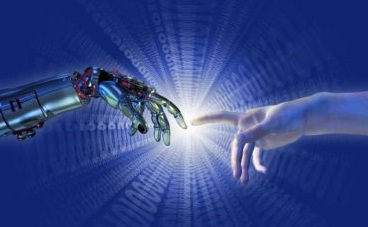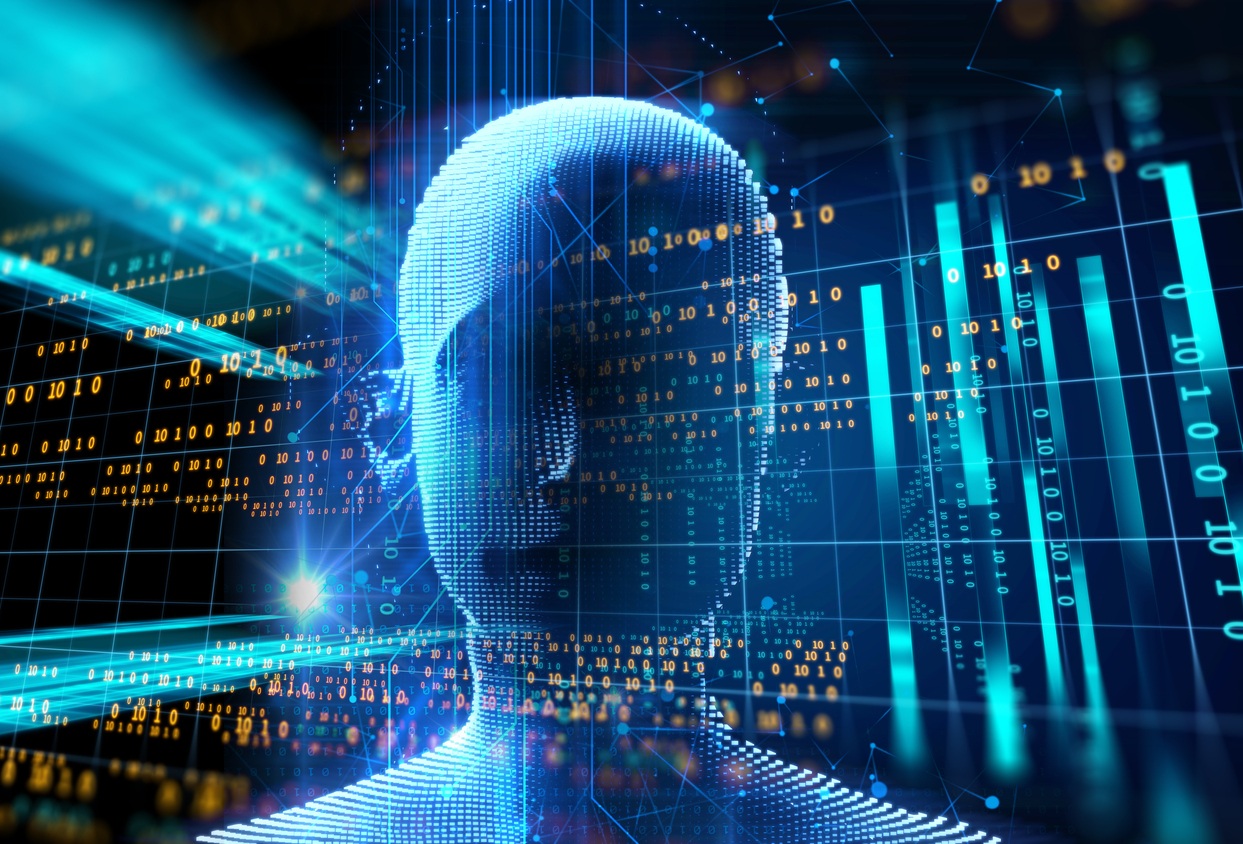
Research Area
Our Computer System Laboratory is investigating various problems related to the development of cognitive computing systems. In comparison to conventional systems, a cognitive computing system has the following features:
- The use of machine-learning and deep-learningtechniques to perform specific, human-like tasks in an intelligent way. Traditional programmable computing systems allowed us to create data by processing numbers, cognitive computing allows us to determine relations between data, extract data patterns, identify contextual elements (such as meaning, syntax, time, appropriate domain, location, regulations, user’s profile, task, goal, etc.), understand meaning and eventually make predictions.
- Adaptive processing. In contrast to a conventional system, which implement a fixed processing algorithm, a cognitive system adapts its processing algorithm with exposure of a new data. Similarly to the human brain, it must be able to dynamically adapt to new environment, new goals and new requirements.
- Self-learning. The system must learn not only from data but also from experience. Ability to self-educate, memorize experience and extend its knowledge is essential for cognitive systems.
- Interactive: The cognitive system must be able to interact easily with users in a natural way; so that users can define their needs comfortably. Similarly, it must also interact with other processors, devices, and Cloud services.
The goal of cognitive computing is to simulate human thoughts in a computerized model.
Current Research Activities
The laboratory is currently investigating cognitive systems for healthcare, face recognition, human action recognition, etc.
The research topics are following:
 |
System Perception
Development of unobtrusive, robust and low energy consuming sensing technologies and devices for monitoring human health, gaze, gestures, and actions.
 |
Machine Learning
Deep-learning based recognition of human faces, gestures, actions, postures, etc.
Developing techniques for thoughts representation, modeling and generation.
 |
Internet-Of-Things (IOT)
Research on techniques for low-energy consuming IOT communication between devices.
 |
Man-Machine Interface
New techniques of unobtrusive and natural interaction between human and computing systems.
Please click below to find out about
Scientists claim that cognitive Computing is going to challenge white collar, professional knowledge work in the 21st century in the same way that factory automation and the assembly line challenged blue collar labor in the 20th century. It is going to transform how we live, how we work and how we think. That’s why studying this technology will be a big deal.
Join us to do research in cognitive computing!





